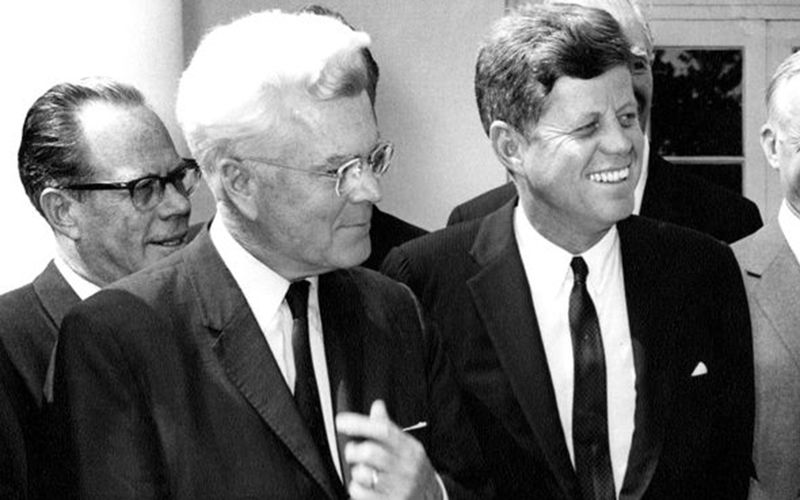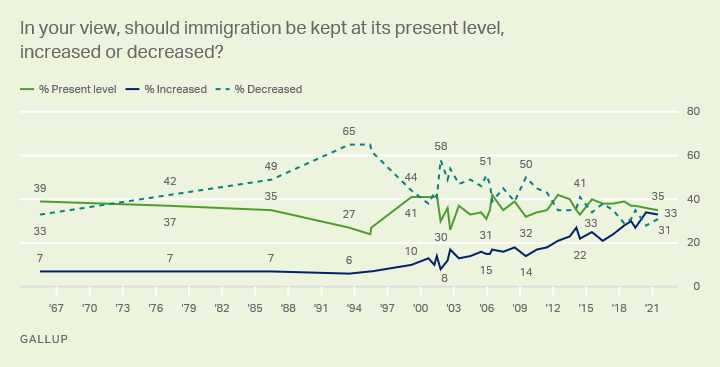What if the US adopts a Canadian-style merit-based immigration policy ever since 1965? AFAIK, it was seriously considered back in 1965 but was changed to focus more on family reunification in a successful attempt to get more restrictionist support for US immigration reform:

 www.irishcentral.com
www.irishcentral.com
What if the US would have instead decided to go merit-based from the very beginning? What would the consequences of this have been?
For what it's worth, I would presume that there would still be a serious problem with illegal immigration due to the end of the bracero program, economic and other (gangs, et cetera) problems in Latin America, and even less pathways for lower-skilled workers to permanently settle in the US in this scenario. I also wonder if there would still be any attempts to eventually create something resembling the Diversity Visa Lottery in the US in this TL.
Anyway, any thoughts on all of this? Would immigration to the US have been more popular in such a scenario? Because in real life, immigration to the US has steadily gained in popularity over the last couple of decades:

 news.gallup.com
news.gallup.com


The politician no one ever heard of who ended Irish immigration to the US
How Johnson hounded Irish American politician Michael Feighan of Cleveland into changing the face of European immigration to the US. Michael Feighan changed American immigration forever and all but ended Irish immigration to the United States.
What if the US would have instead decided to go merit-based from the very beginning? What would the consequences of this have been?
For what it's worth, I would presume that there would still be a serious problem with illegal immigration due to the end of the bracero program, economic and other (gangs, et cetera) problems in Latin America, and even less pathways for lower-skilled workers to permanently settle in the US in this scenario. I also wonder if there would still be any attempts to eventually create something resembling the Diversity Visa Lottery in the US in this TL.
Anyway, any thoughts on all of this? Would immigration to the US have been more popular in such a scenario? Because in real life, immigration to the US has steadily gained in popularity over the last couple of decades:

Immigration
In your view, should immigration be kept at its present level, increased or decreased? On the whole, do you think immigration is a good thing or a bad thing for this country today?
 news.gallup.com
news.gallup.com




